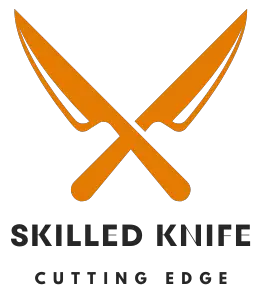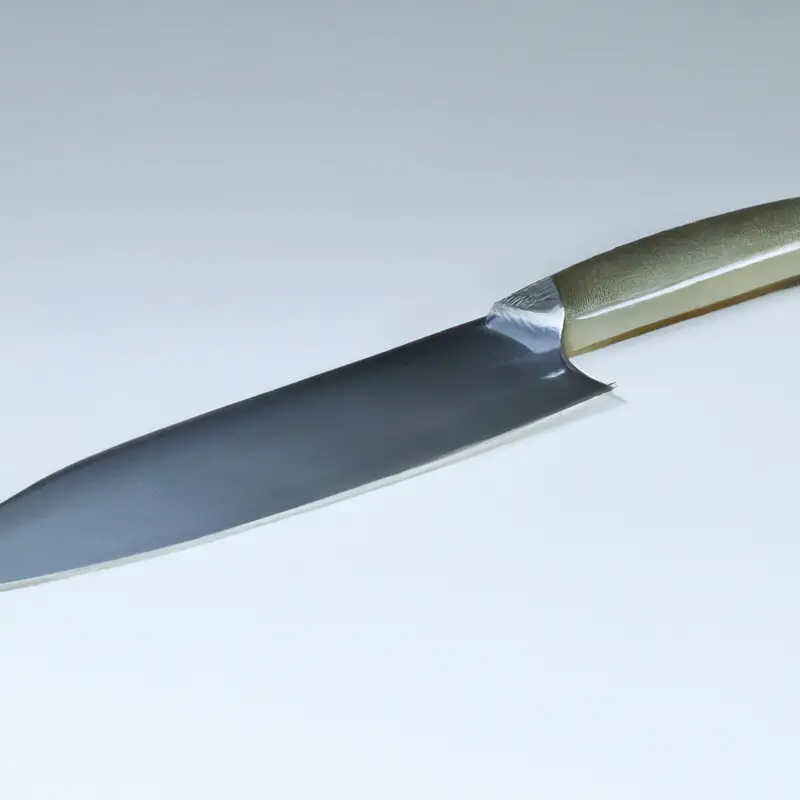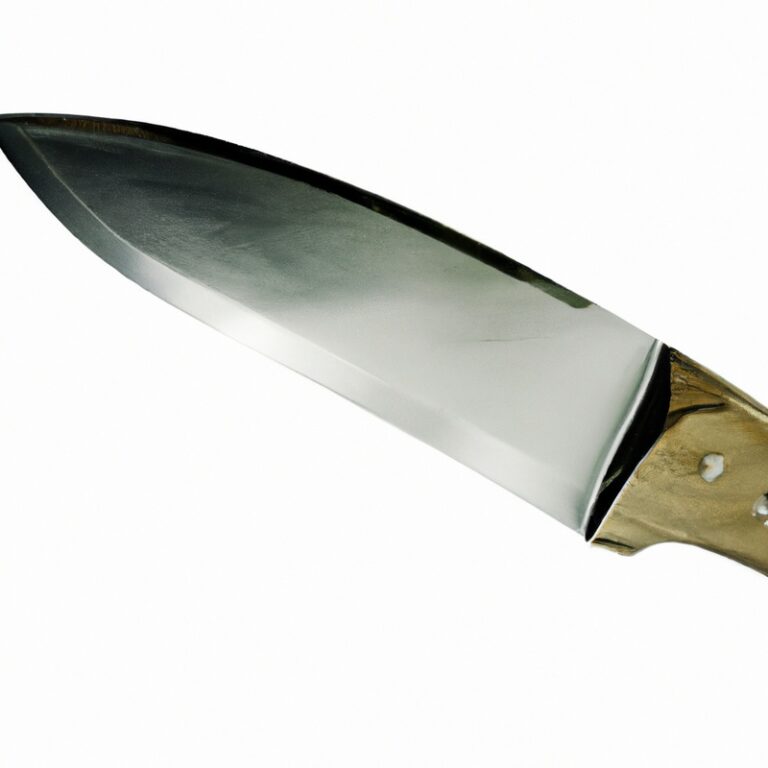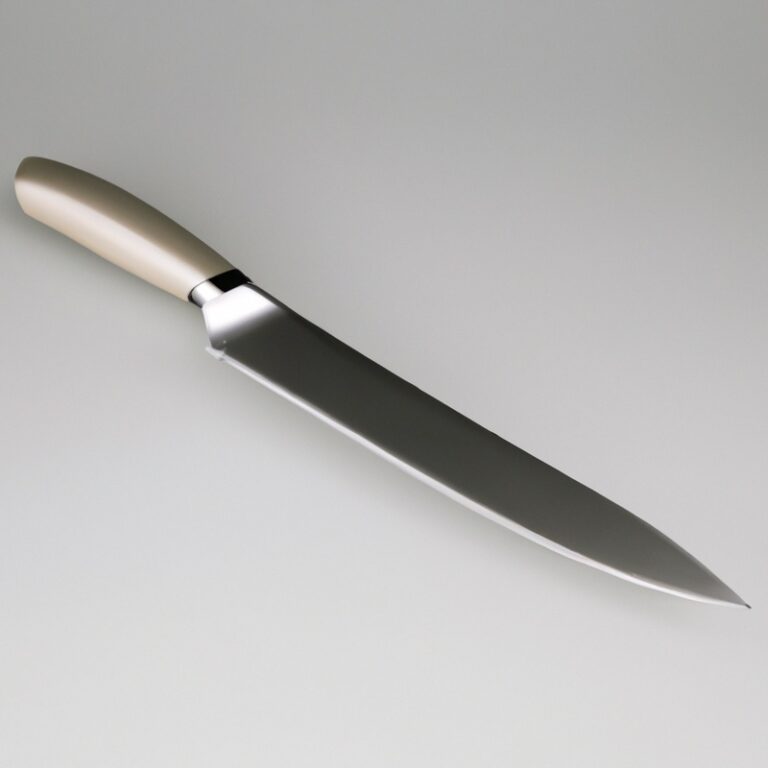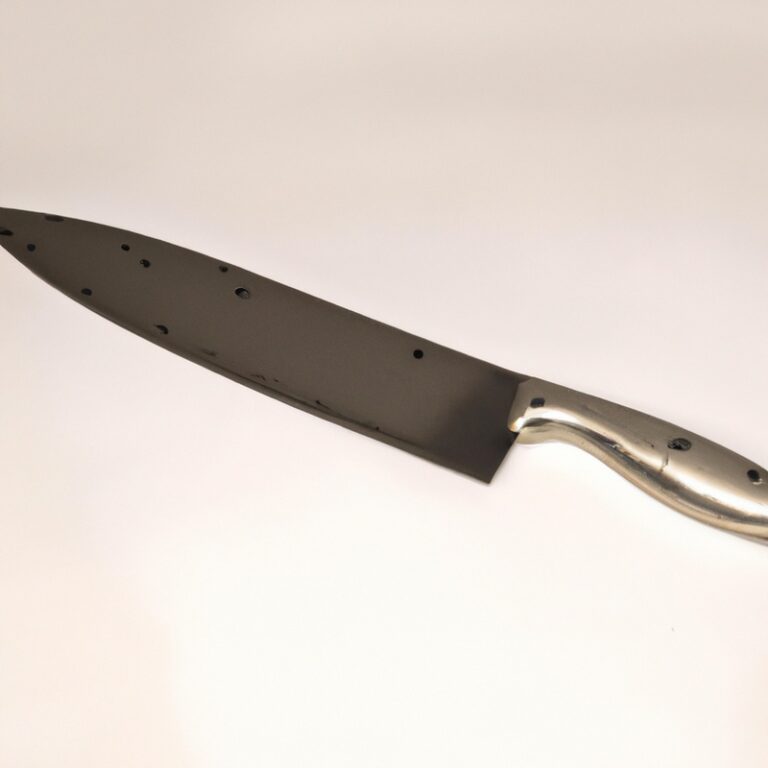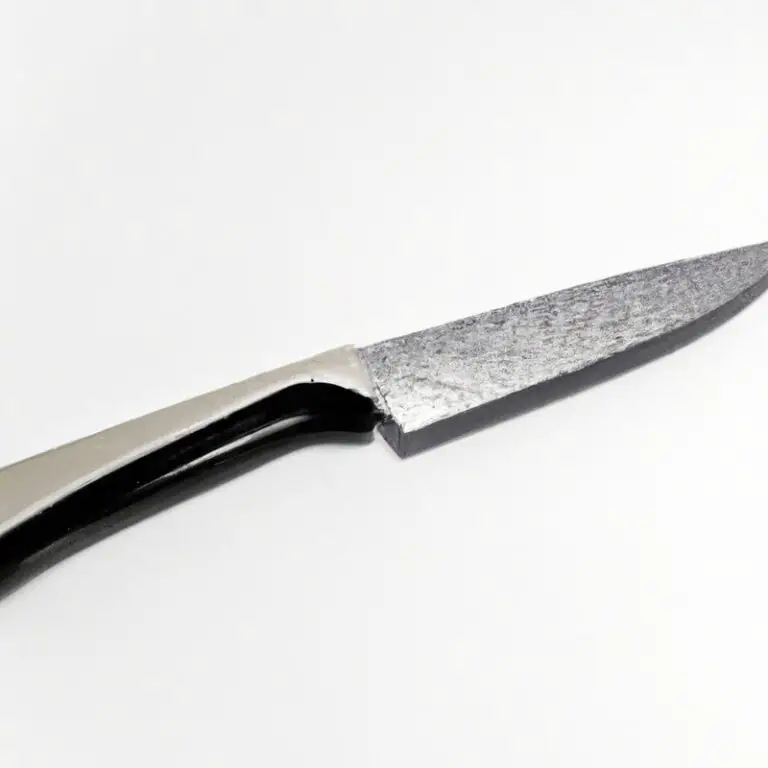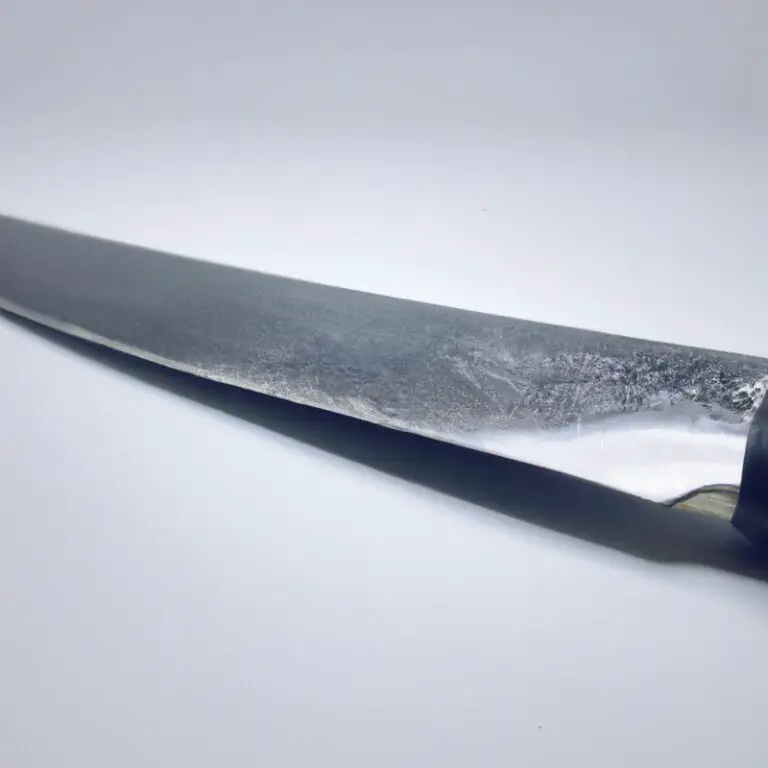What Is The Role Of Aluminum In Knife Steel?
Key Takeaways:
- Aluminum improves the strength and hardness of knife steel.
- Aluminum promotes better corrosion resistance in knife steel.
- Aluminum enhances the machinability of knife steel.
- Aluminum can be effectively used in knife steel for various applications.
Have you ever wondered about the secret ingredients that make a knife blade extraordinary? Well, one of those ingredients is aluminum.
Yes, that’s right! Aluminum plays a crucial role in knife steel, providing a range of benefits that enhance their overall performance.
In this article, I’ll take you through the benefits and drawbacks of using aluminum in knife steel, including its impact on strength, corrosion resistance, wear resistance, hardness, edge retention, and sharpening. We’ll also explore the different aluminum alloy options commonly used in knife steel and how their composition affects their characteristics.
So, get ready to unlock the hidden power of aluminum in your favorite knives!
| Role of Aluminum in Knife Steel | |
| Property | Explanation |
| 1. Deoxidizer | Aluminum is added to knife steel as a deoxidizer, which helps remove oxygen and other impurities from the melt during the steel-making process. |
| 2. Grain Refiner | Aluminum acts as a grain refiner, helping to produce a fine and homogeneous microstructure in the steel. This can contribute to better mechanical properties and improved performance of the knife. |
| 3. Enhances Hardness | Aluminum can improve the hardness of knife steel, making it more suitable for various cutting and slicing tasks. |
| 4. Solid Solution Strengthening | Aluminum can form solid solutions with steel, contributing to its overall strength and toughness. |
| 5. Oxidation Resistance | Aluminum provides a protective layer on the surface of the steel, which enhances its resistance to oxidation and corrosion. |
Benefits of using aluminum in knife steel
Enhanced strength and durability
Aluminum plays a crucial role in enhancing the strength and durability of knife steel.
Its presence in the alloy composition contributes to the overall toughness of the blade, making it less prone to bending or breaking under pressure.
Aluminum also helps to improve the fatigue resistance of the steel, allowing it to withstand repeated use without deteriorating.
Additionally, aluminum has a high corrosion resistance, preventing rust and extending the lifespan of the knife.
Overall, incorporating aluminum into knife steel enhances its strength and durability, making it a reliable tool for various cutting tasks.
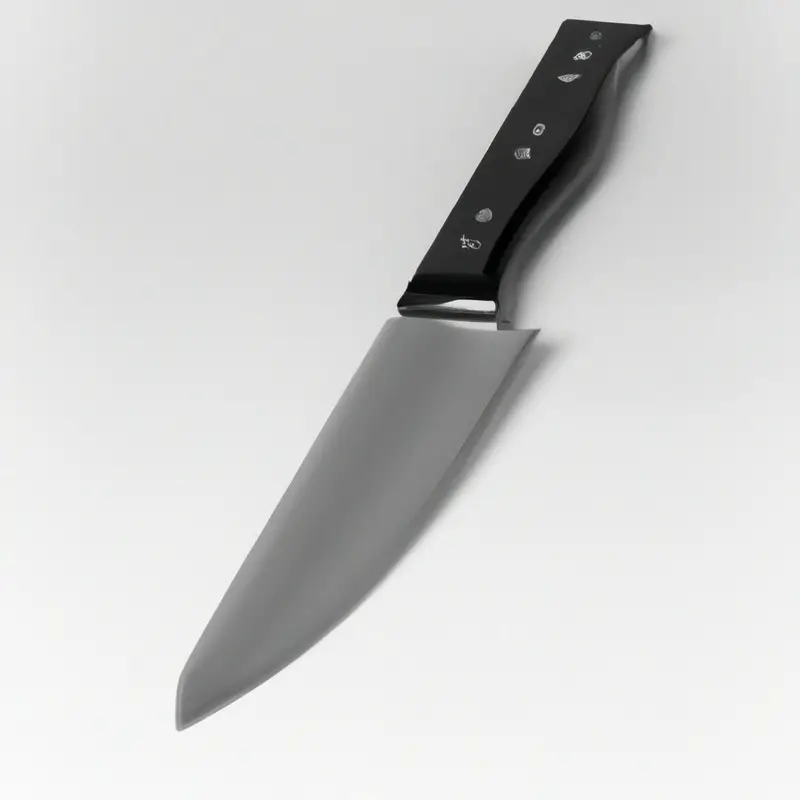
Improved corrosion resistance
Aluminum plays a significant role in improving the corrosion resistance of knife steel. Its natural ability to form a protective oxide layer helps prevent rust and corrosion, making the knife more durable and long-lasting.
The addition of aluminum to the steel composition enhances its ability to withstand exposure to moisture, acids, and other corrosive elements.
This means that knives made with aluminum alloy steel are less likely to rust, allowing for easier maintenance and a longer lifespan. With improved corrosion resistance, your knife will stay in top condition even with regular use and exposure to harsh environmental conditions.
Increased wear resistance
Increased wear resistance is a significant benefit of using aluminum in knife steel.
Aluminum helps to enhance the durability and longevity of the blade by reducing the wear and tear caused by constant use and friction.
This means that the knife will retain its sharpness and effectiveness for a longer period of time, even with regular use.
By incorporating aluminum into the steel, manufacturers are able to create knives that can withstand the demands of heavy-duty tasks without losing their edge.
This makes aluminum a valuable component in achieving increased wear resistance in knife steel.
Drawbacks of using aluminum in knife steel
Decreased hardness
Decreased hardness is one of the drawbacks of using aluminum in knife steel.
Aluminum is a softer metal compared to other elements commonly used in knife steel, such as carbon or chromium.
This means that knives made with aluminum alloy may not retain their sharpness as well as knives made with harder metals.
The decreased hardness can result in less efficient cutting and a shorter lifespan for the knife.
However, manufacturers have been able to address this issue by combining aluminum with other elements to create alloys that offer improved hardness without compromising other desirable characteristics.
Reduced edge retention
One drawback of using aluminum in knife steel is reduced edge retention. When aluminum is incorporated into the steel, it can result in a softer blade that is more prone to dulling and losing its sharpness over time.
This means that you may need to sharpen your knife more frequently compared to knives made with other materials.
Additionally, the softer blade may be more susceptible to damage from cutting hard or abrasive materials.
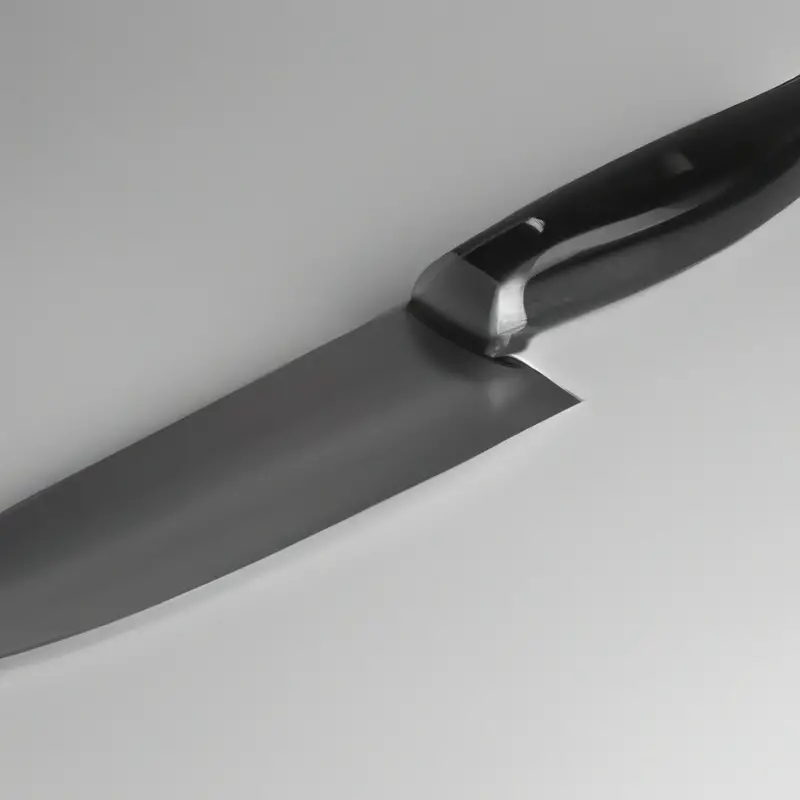
Increased difficulty in sharpening
One drawback of using aluminum in knife steel is that it can increase the difficulty in sharpening the blade. Aluminum is a relatively soft metal, which means that it may not hold a sharp edge as well as other materials.
When sharpening an aluminum blade, it can be harder to achieve a fine edge and maintain it over time.
This can result in a blade that becomes dull more quickly and requires more frequent sharpening. Additionally, the softness of aluminum can make it more prone to nicks and dents during sharpening, further impacting its performance.
Aluminum alloy options in knife steel
Popular aluminum alloys used in knife steel
Popular aluminum alloys used in knife steel include:
- : This alloy is known for its excellent strength-to-weight ratio and machinability. It offers good corrosion resistance and is often used in folding knives.
- : Considered one of the strongest aluminum alloys, 7075 provides exceptional durability and toughness. It is commonly used in tactical and survival knives.
- A6061: This alloy is a modified version of 6061, offering enhanced hardness and wear resistance. It is frequently used in high-performance chef’s knives.
- : Known for its high strength and fatigue resistance, 2024 is often used in hunting and utility knives. It also has good corrosion resistance.
These alloys offer various benefits and can be tailored to meet specific knife steel requirements.
The choice of alloy depends on the intended use and desired characteristics of the knife.
Alloy composition and characteristics
Aluminum is often used in knife steel alloys due to its desirable composition and characteristics.
It is commonly combined with other metals like iron, carbon, and chromium to create a balanced and efficient steel.
The addition of aluminum enhances the overall strength and durability of the knife steel.
It also improves corrosion resistance, making the blade more resistant to rust and other environmental damage.
Additionally, aluminum increases wear resistance, allowing the blade to maintain its sharpness for a longer period.
However, there are some drawbacks to using aluminum in knife steel.
It can decrease the hardness of the blade, which may impact its cutting performance.
Aluminum also reduces edge retention, meaning the blade may require more frequent sharpening.
Additionally, sharpening knives with aluminum alloys can be more challenging due to the material’s softness.
Overall, the alloy composition and characteristics of aluminum contribute to the performance and longevity of knife steel, making it a popular choice among manufacturers and knife enthusiasts.
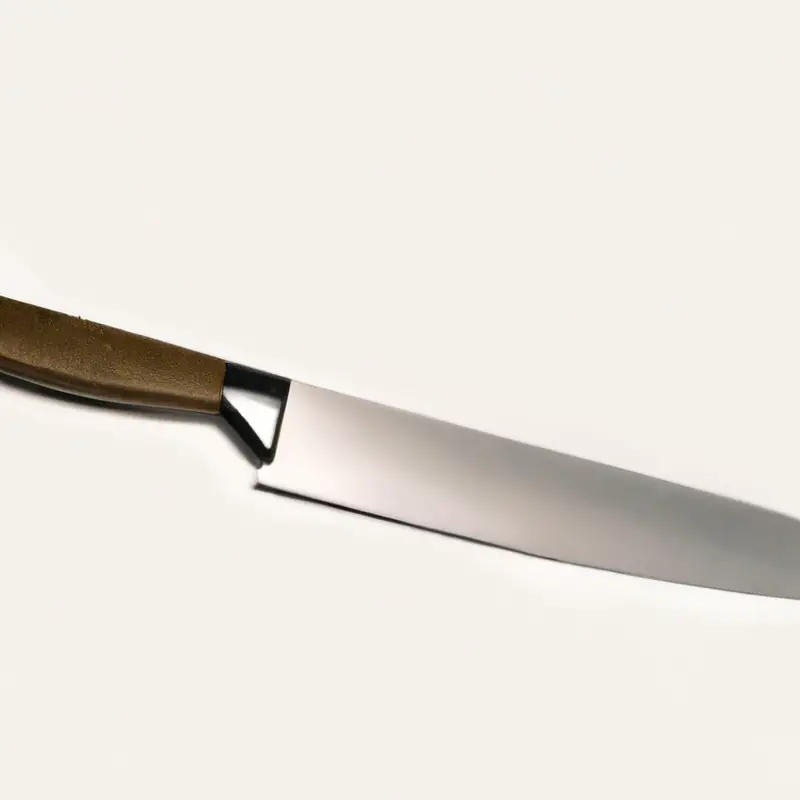
Final Verdict
The use of aluminum in knife steel offers numerous benefits and some drawbacks that are important to consider.
The inclusion of aluminum can enhance the strength and durability of the steel, as well as improve its corrosion resistance and wear resistance.
However, it also leads to decreased hardness, reduced edge retention, and increased difficulty in sharpening.
When selecting an aluminum alloy for knife steel, popular options include 6061 and 7075, each with its own unique composition and characteristics.
Overall, while aluminum can be a valuable addition to knife steel, it is essential to weigh the pros and cons to find the perfect balance for your specific needs.
